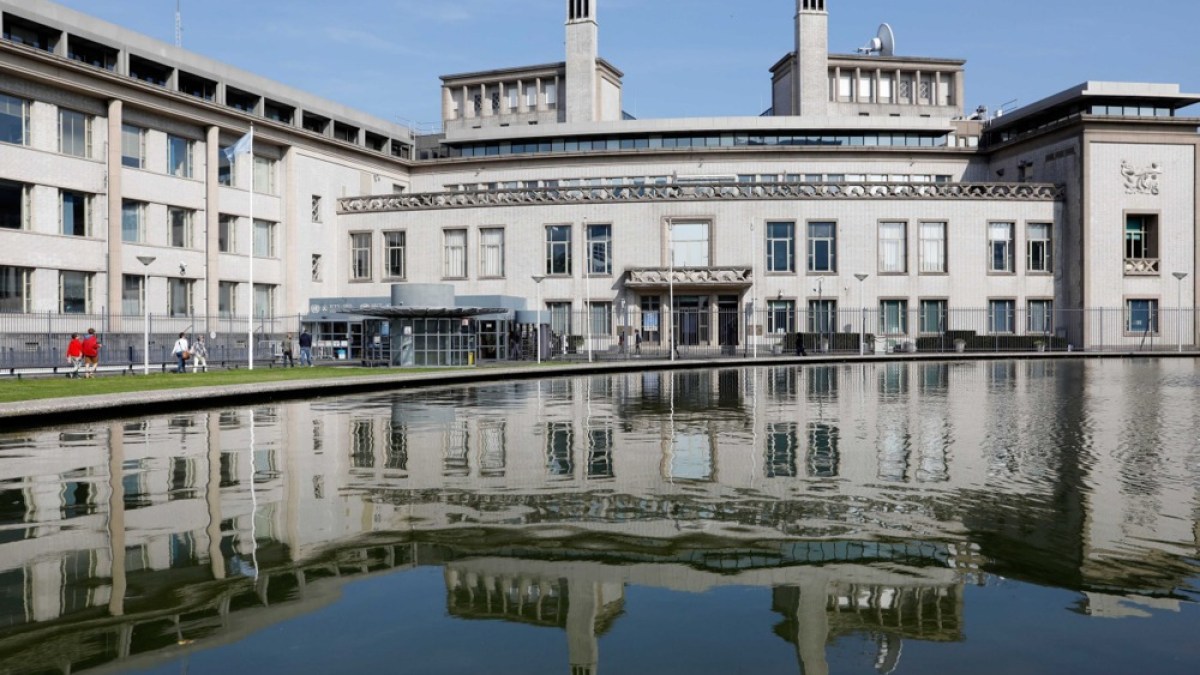The archive of the International Residual Mechanism for Criminal Tribunals, the successor to the Hague Tribunal, faces the threat of disappearance, which would mean the loss of a key source of evidence on war crimes during the 1990s wars in the former Yugoslavia. Experts from the Netherlands and human rights activists warn about the need to preserve the archive, which is mostly digitized and publicly accessible, but with significant shortcomings in searchability and access to certain confidential documents. There is concern that the archive might be relocated outside the region, which would hinder access for researchers and the public from the affected countries. The UN Security Council is considering the archive’s future, with a report on possible locations expected. Preserving the archive is seen as crucial for future research, justice, and reconciliation with the past in the countries of the former Yugoslavia.
Political Perspectives:
Left: Left-leaning sources emphasize the importance of preserving the archive as a vital tool for justice, human rights, and historical truth. They highlight the risks of political interference and the potential loss of access for affected communities. The narrative stresses international responsibility and the need for transparency and public accessibility.
Center: Center-leaning sources focus on the factual aspects of the archive’s status, the technical challenges of digital access, and the ongoing discussions at the UN Security Council. They present balanced views on the importance of the archive for research and justice, while acknowledging the complexities of its future location and management.
Right: Right-leaning sources may emphasize national sovereignty concerns, skepticism about the tribunal’s legacy, and the political implications of the archive’s control. They might question the tribunal’s impartiality and highlight narratives about the selective prosecution of war crimes, stressing the importance of protecting national interests in decisions about the archive.








